The United Nations Security Council on Monday adopted a resolution demanding an immediate cease-fire in Gaza for the holy month of Ramadan, marking the first such directive since the current Israeli-Palestinian conflict began on Oct 7, 2023.
The resolution, put forward by the 10 nonpermanent members of the Security Council, was approved with 14 out of 15 votes.
The United States, which had vetoed three previous cease-fire drafts, abstained from the vote, allowing the resolution to pass.
The resolution demands "an immediate cease-fire" for Ramadan respected by all parties, "leading to a permanent sustainable cease-fire". It also demands an immediate and unconditional release of hostages and emphasizes "the urgent need to expand the flow" of aid into Gaza.
Zhang Jun, China's permanent representative to the UN, said that for the lives already lost in Gaza, "the council resolution today comes too late". More than 32,000 Palestinians have been killed in Gaza and nearly 75,000 Palestinians injured since Oct 7, according to the Ministry of Health in Gaza.
"For the millions of people in Gaza who remain mired in an unprecedented humanitarian catastrophe, this resolution, if fully and effectively implemented, could still bring long-awaited hope," Zhang added.
"We call on the parties concerned to fulfill their obligations under the United Nations Charter and to take due action as required by the resolution. We expect the state with significant influence to play a positive role on the party concerned, including by using all necessary and effective means at their disposal to support the implementation of the resolution," he said.
Noting that China, Russia and Algeria voted against the draft resolution proposed by the U.S. on Friday, he explained the differences between the two drafts.
"The current draft is unequivocal and correct in its direction, demanding an immediate cease-fire, while the previous one has been evasive and ambiguous. The current draft demands an unconditional cease-fire, while the previous one has set pre-conditions for a cease-fire," said Zhang.
"The current draft reflects the general expectations of the international community and enjoys the collective support of the Arab states, while the previous one has been jointly rejected by the Arab states," he said, pointing to the no vote from Algeria on Friday, which said it represented the entire Arab world.
"The differences between the two drafts boil down to nothing but whether there should be an immediate and unconditional cease-fire and whether the collective punishment of the people in Gaza should be allowed to continue," he said.
Zhang said that after repeated vetoes of council actions, "the United States finally decided to stop obstructing the council's demand for an immediate cease-fire".
Following Monday's vote, UN Secretary-General António Guterres said on X.com that the long-awaited resolution must be implemented, emphasizing that the council's failure to do so "would be unforgivable".








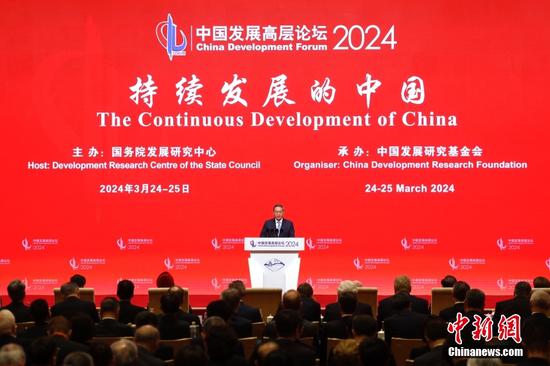

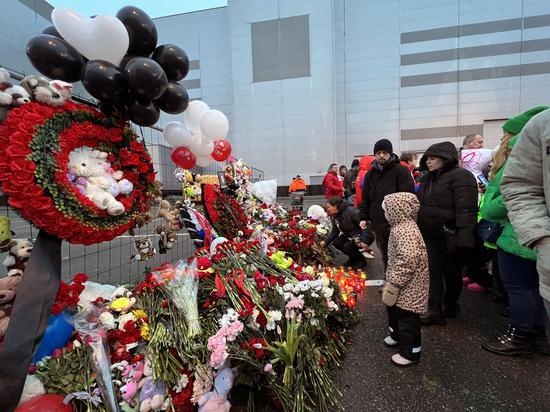

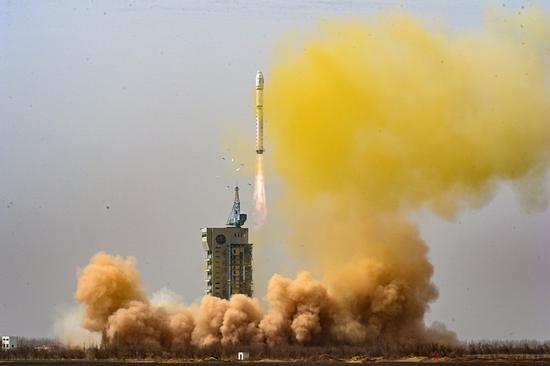




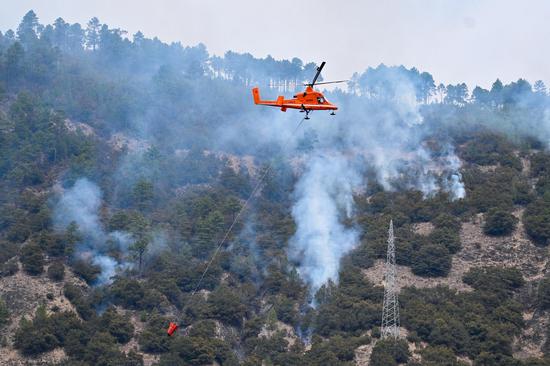

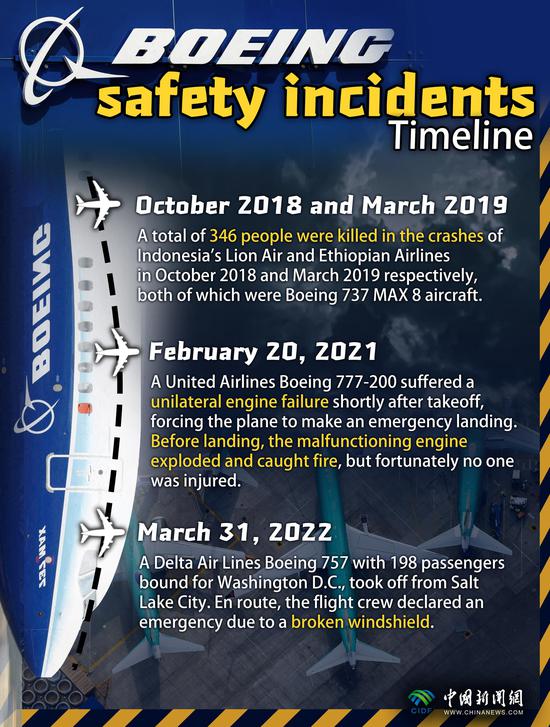

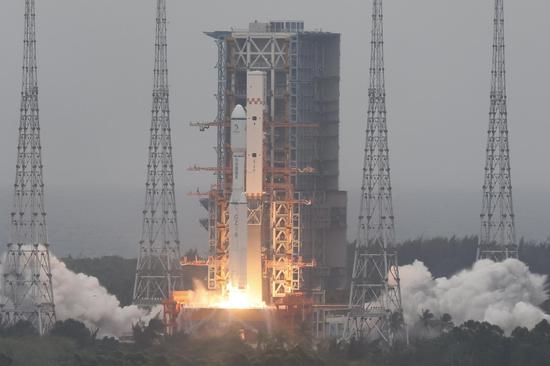


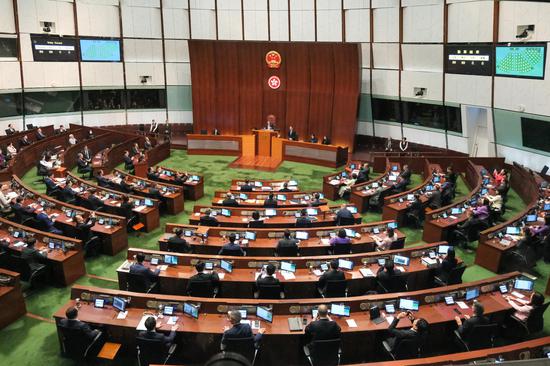






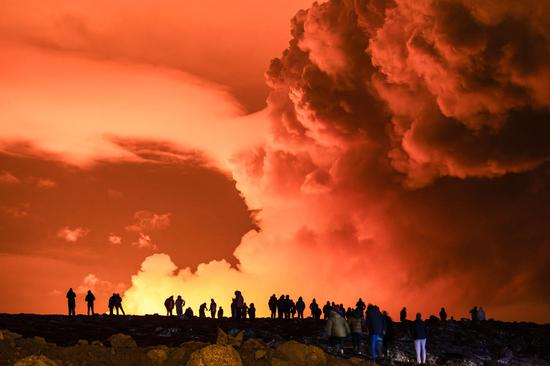
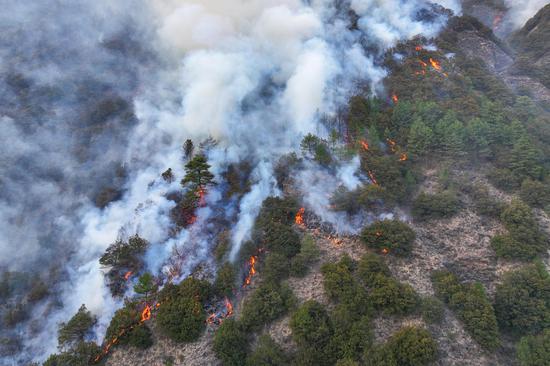
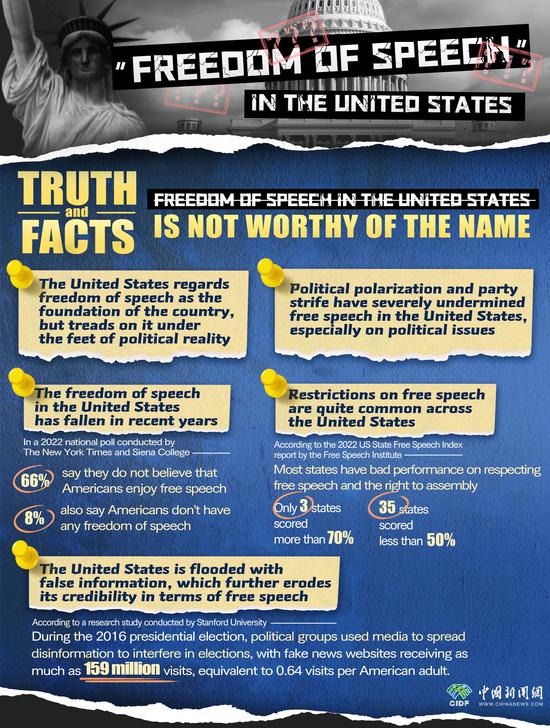
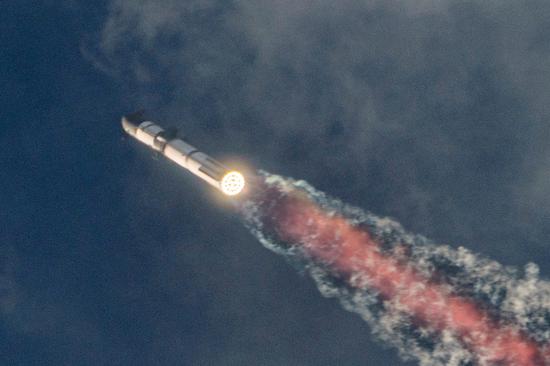


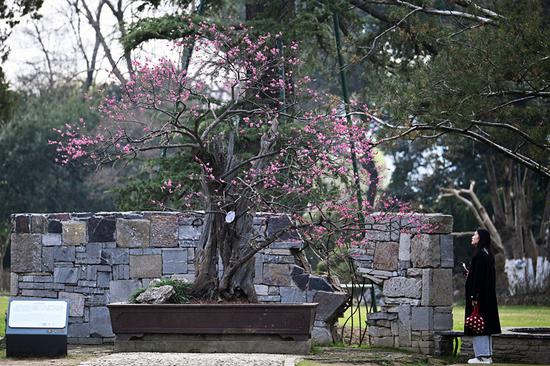












 京公网安备 11010202009201号
京公网安备 11010202009201号